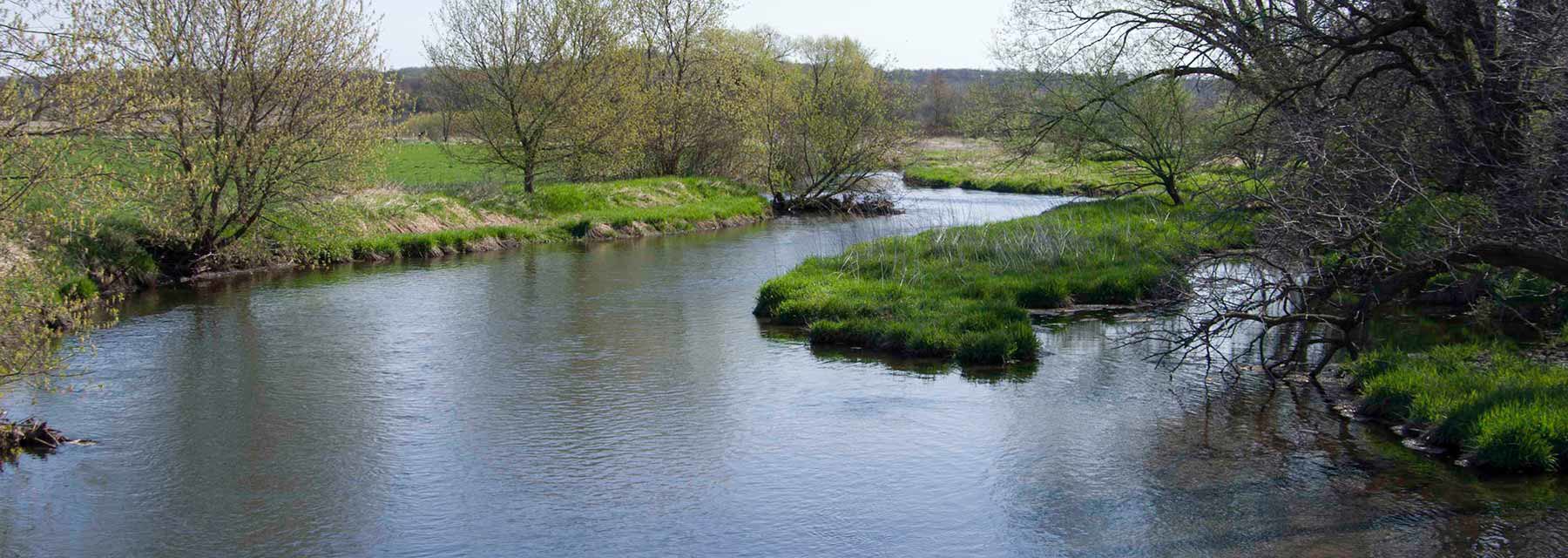SWTU, P.O. Box 45555, Madison, WI 53744-5555
president@swtu.org
Conserving coldwater fisheries


Calendar
March 2025 |
||||||
|---|---|---|---|---|---|---|
| Sun | Mon | Tue | Wed | Thu | Fri | Sat |
|
1
|
||||||
|
2
|
3
|
4
|
5
|
6
|
7
|
8
|
|
9
|
10
|
11
|
12
|
13
|
14
|
15
|
|
16
|
17
|
18
|
19
|
20
|
21
|
22
|
|
23
|
24
|
25
|
26
|
27
|
28
|
29
|
|
30
|
31
|
|||||

South Platte Brassie
Leave a Comment
Last Updated: October 2, 2018 by Drew Kasel
What’s in a name? At times, a bit of confusion.
Jassid
Leave a Comment
Last Updated: September 6, 2018 by Drew Kasel
Some things turn out better when done in pairs.
Red Fur Ant
Leave a Comment
Last Updated: July 4, 2018 by Drew Kasel
Some things turn out better when done in pairs.
Honey Dun Flymph
Leave a Comment
Last Updated: June 7, 2018 by Drew Kasel
Some things turn out better when done in pairs.
Waterhen Bloa
Leave a Comment
Last Updated: May 3, 2018 by Drew Kasel
Whenever you venture astream, you carry the accumulated wisdom and technological advances of generations of angling predecessors.
Green Tail
Leave a Comment
Last Updated: April 5, 2018 by Drew Kasel
Fountains of Youth – Classic trout flies that have withstood the test of time … flies that remain “forever young” by Rusty Dunn It is a glorious late April day in England in the early 1800s. Daffodils trumpet… Read More
Little Red Sedge
Leave a Comment
Last Updated: March 8, 2018 by Drew Kasel
The hopes and dreams of most dry fly anglers rest on the shoulders of but two groups of insects, the mayflies and the caddisflies.
Greenwell’s Glory, Tweed Style
Leave a Comment
Last Updated: February 8, 2018 by Drew Kasel
A time-honored Scottish proverb states, “There are two things a Highlander likes naked, and one of them is malt whisky”. If that Highlander be a fly fisher, the other naked delight is a trout fly.
Fly Tying: Horner Deer Hair / Goofus Bug / Humpy
Leave a Comment
Last Updated: January 4, 2018 by Drew Kasel
Casting locally designed flies to wild native trout is hard to beat.
Fly Tying: Orange Partridge
Leave a Comment
Last Updated: November 9, 2017 by Drew Kasel
The technology of fly tying took a giant leap forward in 2,640 BC when, according to legend, a Chinese Empress named Leizu discovered that the natural glue of silkworm cocoons could be softened in hot water and a long thin filament of pure silk unwound from each cocoon.
Recent Posts
Categories